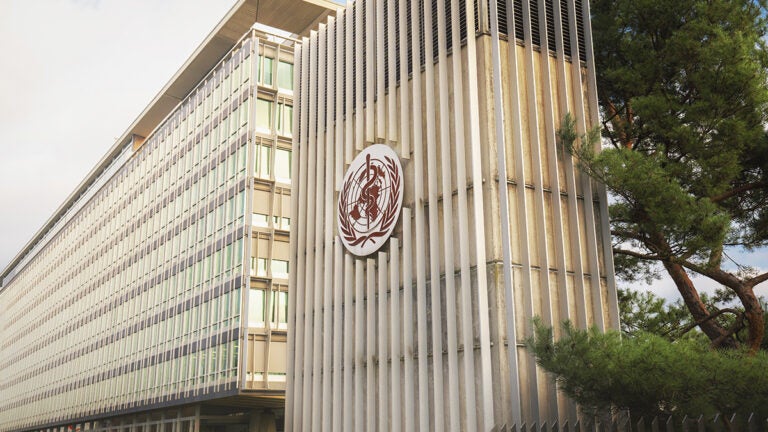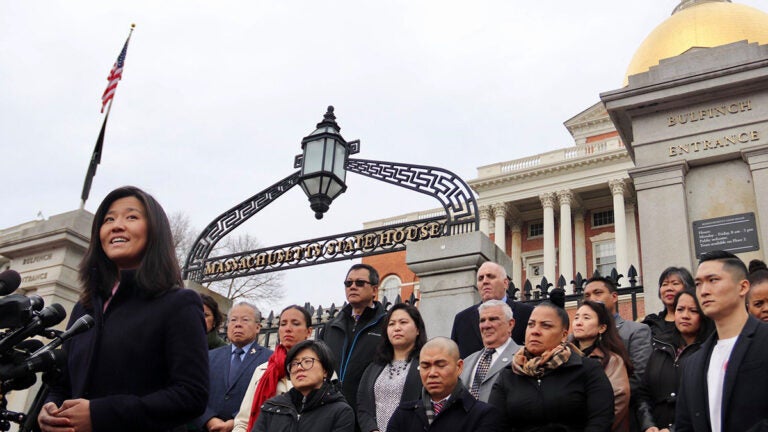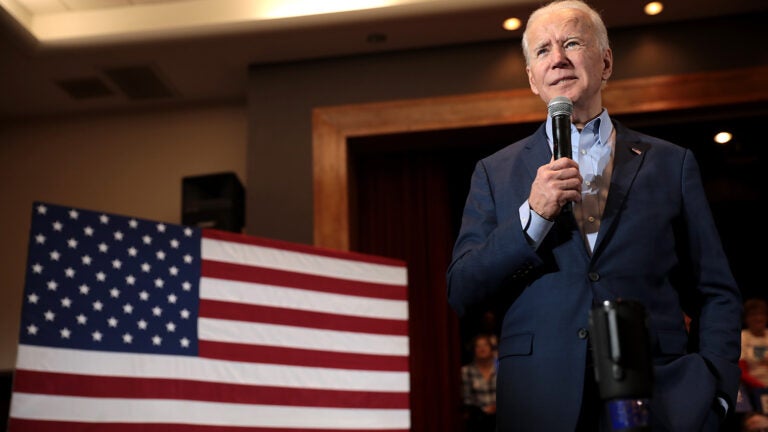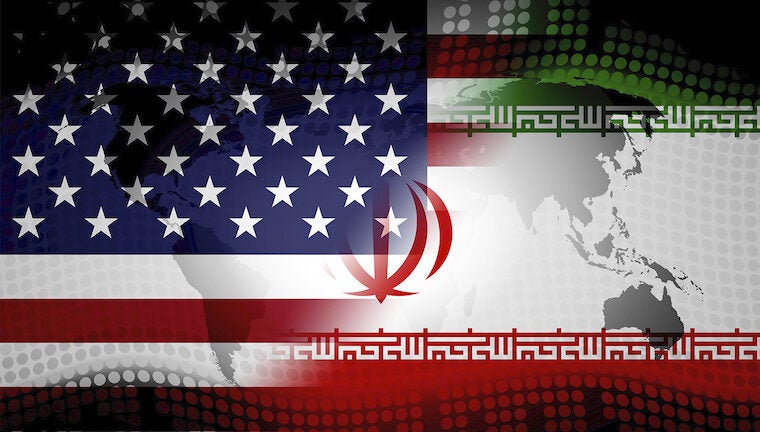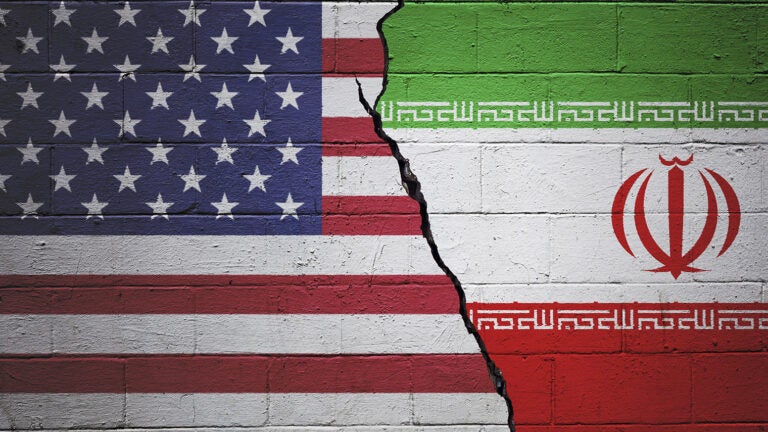Misinformation about the coronavirus is rampant but when the mainstream media tries to debunk these myths, it can sometimes backfire. [5 min read]
USC Dornsife News
As the world confronts a pandemic, the World Health Organization finds itself under a storm of criticism. To what extent can we say the agency did not provide adequate information?
During two 17th-century disease outbreaks, America chose the economic interests of a select few over protecting human health, writes USC Dornsife historian Peter Mancall.
The COVID-19 crisis exposes just the latest example of persistent racism against Asian Americans, who would do well to ally with other minorities to enact change, argues Adrian De Leon of American studies and ethnicity. [5¾ min read]
A survey through USC’s Understanding America Study shows how people's beliefs and behaviors evolved in the face of this novel threat.
The former vice president’s resurrection from early campaign troubles was “simply unprecedented,” writes USC Dornsife Center for the Political Future Director Robert Shrum in The Conversation.
USC Dornsife scholar Evelyn Alsultany traces key moments in the spread of anti-Muslim sentiments, from the formation of the state of Israel to the 9/11 terrorist attacks.
To tackle America’s obesity crisis, we should consider new public policies like expanding access to gastric bypass surgery and implementing “soda taxes,” says USC Dornsife economist and director of the USC Schaeffer Center for Health Policy & Economics Dana Goldman. [5½ min read]
In the wake of recent missile attacks, Jeffrey Fields of international relations describes the decades-long tense relationship between the United States and Iran. [4 min read]
Contact USC Dornsife News
Media Inquiries
Contact Ileana Wachtel

